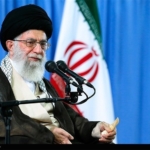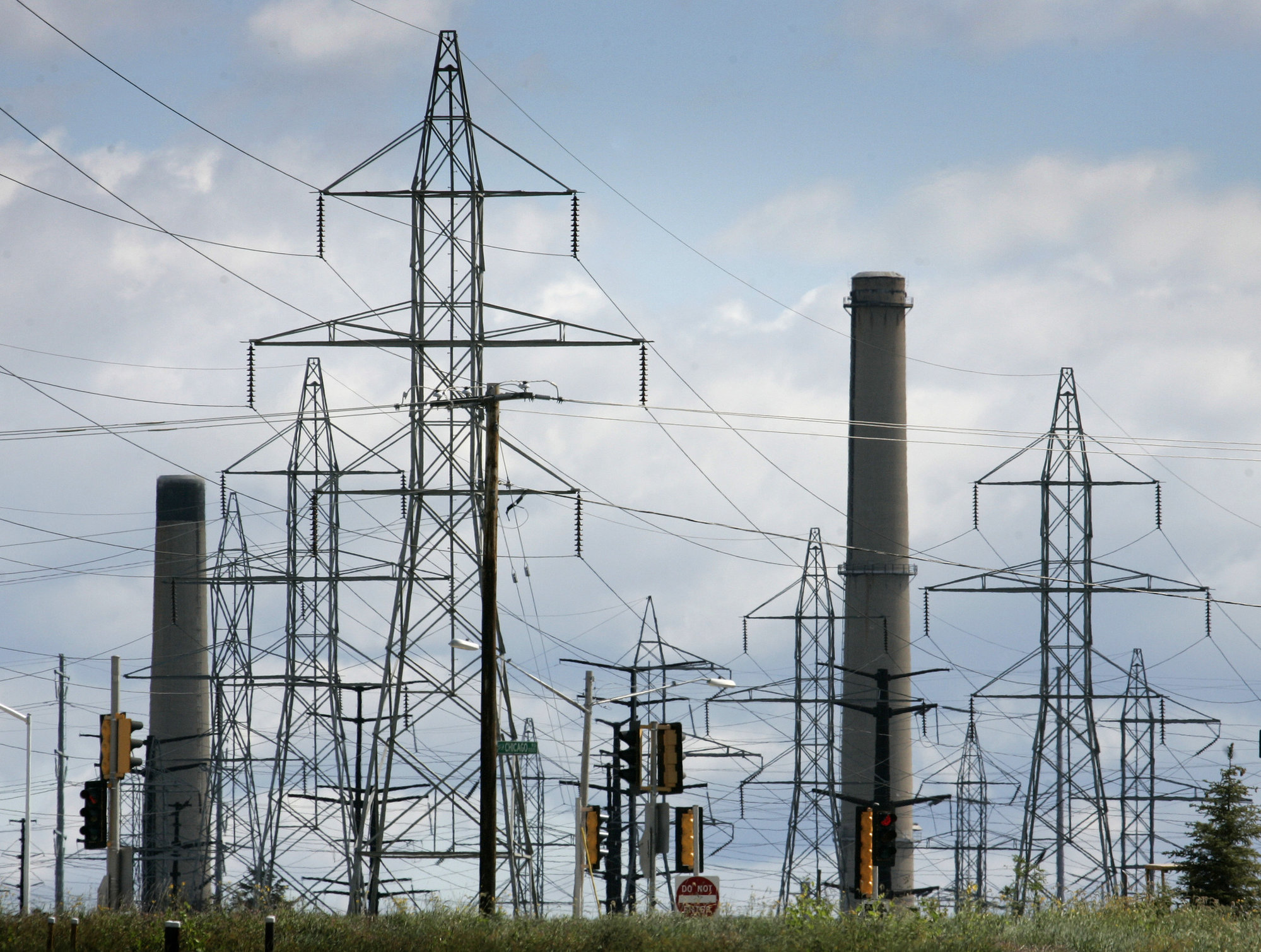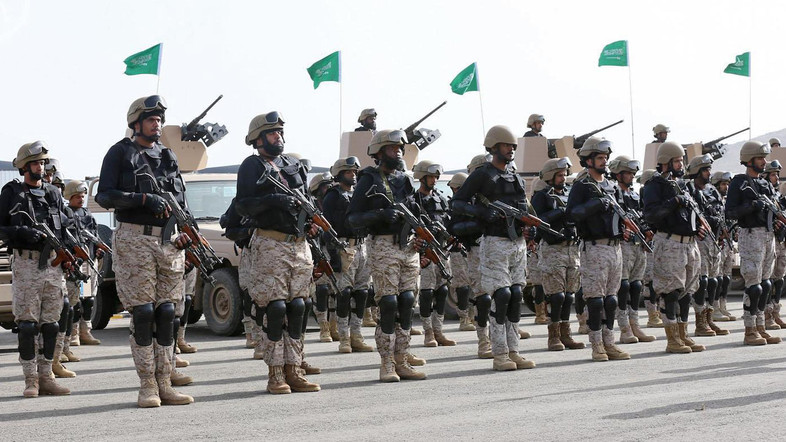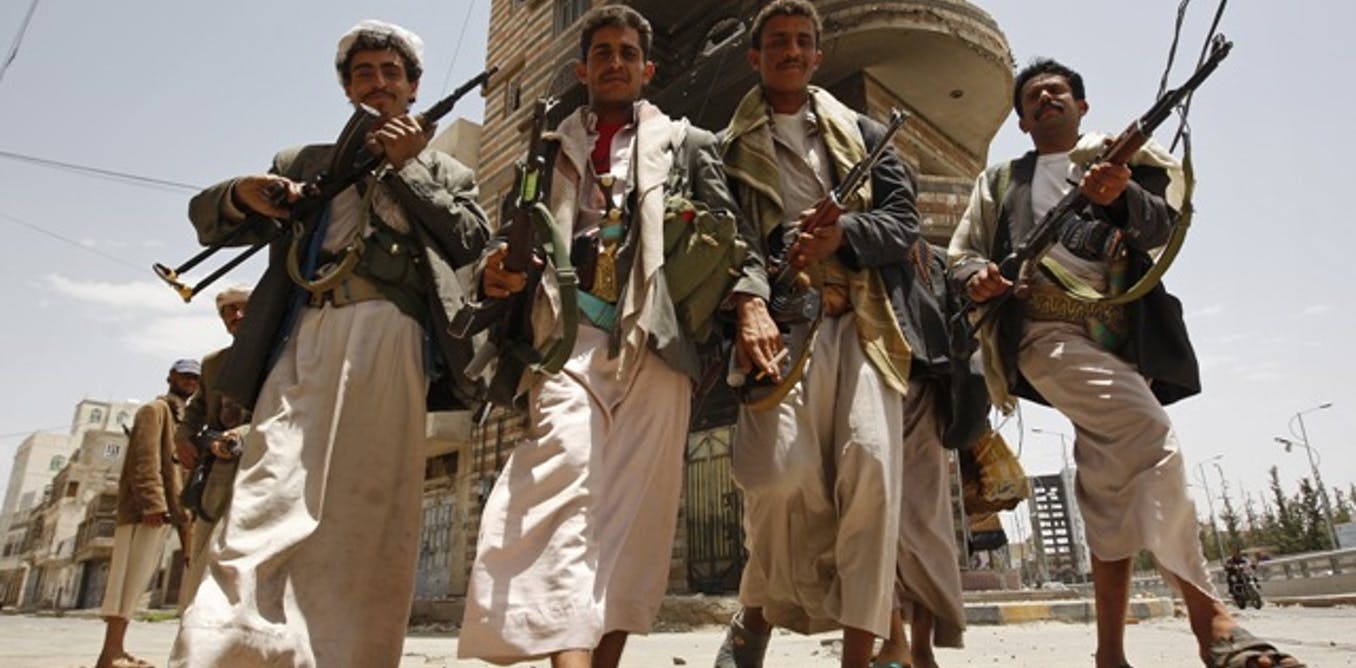Indian’s minister confirms his cooperation in Afghanistan
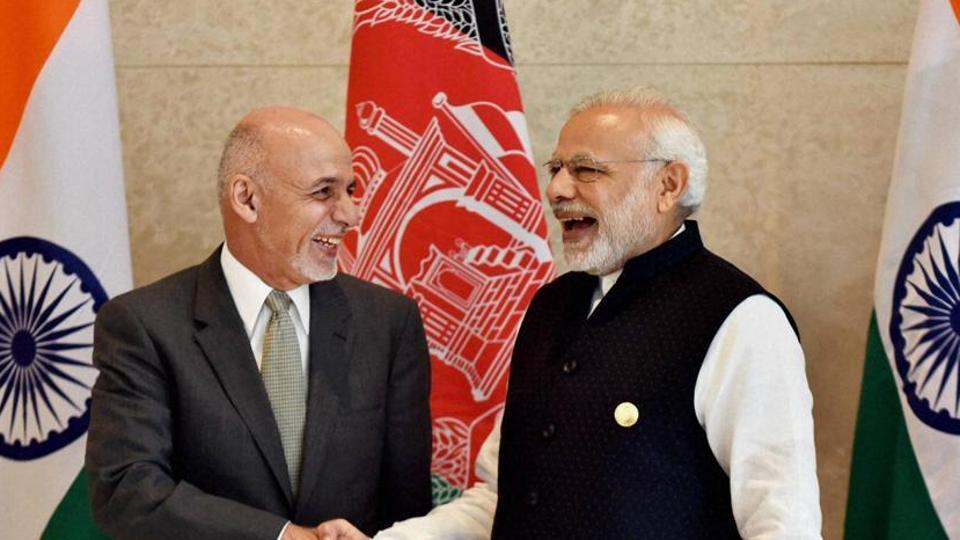
India’s minister for external affairs said in Tashkent his country’s development assistance stands at $3 billion USD, adding that his country will continue to help rebuild Afghanistan and turn it into a stable economy. According to the minister, last year India embarked upon the New Development Partnership, which will support
116 ‘High Impact Community Development Projects’ in Afghanistan according to the priorities of the Afghan government. They include large scale projects such as drinking water for Kabul city and low-cost housing for returning Afghan refugees.
Akbar said that India’s other key priority is helping Afghanistan in building “robust, reliable and year-round connectivity, improving trade and investment relations of Afghanistan with prominent markets in the region and beyond”. He also said that the Indian grant aid of 170,000 tons of wheat supplies to Afghanistan is currently transiting through Chabahar (Port in Iran). Furthermore, the India-Afghanistan air freight corridor helps the connection between the countries. In fact, over 110 flights have carried over 2,000 tons of exports from Afghanistan to India worth over tens of millions of dollars.


